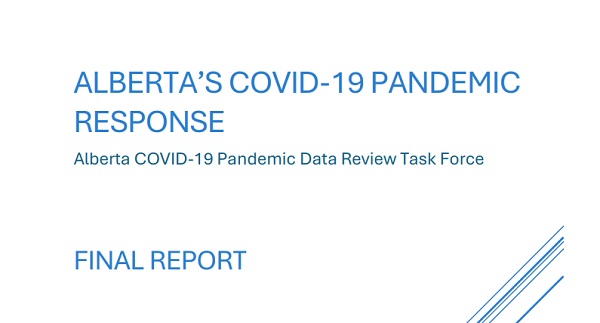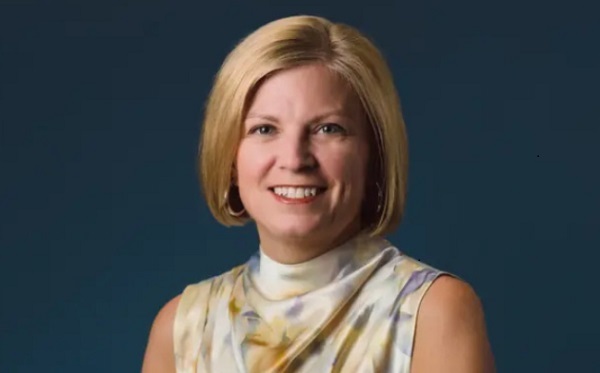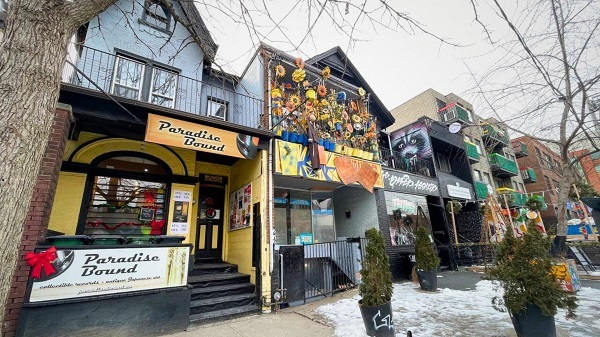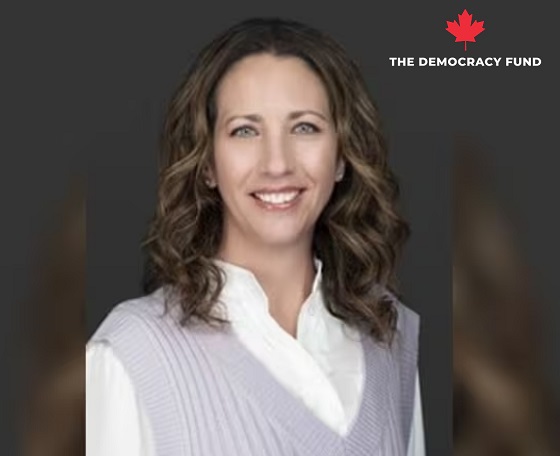Alberta
“Take a book, leave a book” at your Local Little Free Library

If you’ve ever been out on a stroll through your neighborhood or walked through a Calgary residential area on your way to work or school, you may have noticed some unique treasure chests hidden among the houses. These little birdhouses or glass-door cabinets perched on fences and secured to trees in the neighborhood open to reveal an ever-changing selection of second-hand books.
From an outside perspective, these outdoor libraries may appear as a lovely, local community project. However, the Little Free Library program goes far beyond the simple sharing of favorite books among neighbors.
 Established in 2009 in Hudson, Wisconsin, Little Free Library has expanded into a global nonprofit network with more than 100,000 registered book-sharing boxes in 108 countries around the world. Using a “take a book, leave a book” system to facilitate the free exchange of millions of books every year, Little Free Library aims to foster the positive social and academic impacts of reading by increasing public access to books.
Established in 2009 in Hudson, Wisconsin, Little Free Library has expanded into a global nonprofit network with more than 100,000 registered book-sharing boxes in 108 countries around the world. Using a “take a book, leave a book” system to facilitate the free exchange of millions of books every year, Little Free Library aims to foster the positive social and academic impacts of reading by increasing public access to books.
 “The Little Free Library nonprofit organization expands book access for readers of all ages, abilities and backgrounds,” says Margaret Aldrich, Director of Communications for Little Free Library, “for more than 10 years Little Free Libraries have been catalysts for bringing people together and getting books into readers hands.”
“The Little Free Library nonprofit organization expands book access for readers of all ages, abilities and backgrounds,” says Margaret Aldrich, Director of Communications for Little Free Library, “for more than 10 years Little Free Libraries have been catalysts for bringing people together and getting books into readers hands.”
Featuring everything from repurposed filing cabinets and stoves to handcrafted wooden birdhouses and barrels, there are more than 300 Little Free Libraries located across Calgary. Every year, thousands of books change hands throughout the city, using these tiny remote shelves to reach new readers every single day.
 Karen Begg is a resident of southeast Calgary who has owned and maintained a Little Free Library in West Dover since 2013. Since unveiling the library, Begg has been continually encouraged by the engagement and support of the community, as well as the opportunity the library presents for committing local acts of kindness. “It made me realize how many small, community acts of kindness a person can do quite simply,” she says. In addition to offering books, she has used the library to donate shelf-stable foods, socks and gloves during the cold months.
Karen Begg is a resident of southeast Calgary who has owned and maintained a Little Free Library in West Dover since 2013. Since unveiling the library, Begg has been continually encouraged by the engagement and support of the community, as well as the opportunity the library presents for committing local acts of kindness. “It made me realize how many small, community acts of kindness a person can do quite simply,” she says. In addition to offering books, she has used the library to donate shelf-stable foods, socks and gloves during the cold months.
“For people who need a little extra support, the library is a great place,” she continues, “people of all ages and all walks of life both contribute and benefit.” After 7 years of operation in the community, Begg’s library is now self-sufficient and moves up to 60 books every week.
 Aislinn Cairns is a south Calgary resident who converted an old Calgary Sun newspaper box into a Little Free Library in the summer of 2019. Living close to an elementary school and with kids of her own, Cairns chose to tailor her Little Library specifically towards children.
Aislinn Cairns is a south Calgary resident who converted an old Calgary Sun newspaper box into a Little Free Library in the summer of 2019. Living close to an elementary school and with kids of her own, Cairns chose to tailor her Little Library specifically towards children.
“It really gets kids excited about reading,” she says, “I get knocks on my door asking when there will be new books.”
 The Little Free Library organization allows people from all walks of life, children and adults alike, to expand their horizons and discover something new, all while giving old books a new lease on life. In doing so, Little Free Library contributes greatly to literacy, connectivity and positivity in communities around the world every day.
The Little Free Library organization allows people from all walks of life, children and adults alike, to expand their horizons and discover something new, all while giving old books a new lease on life. In doing so, Little Free Library contributes greatly to literacy, connectivity and positivity in communities around the world every day.
To find a Little Free Library near you or learn more about how to get involved, visit https://littlefreelibrary.org.
For more stories, visit Todayville Calgary.
Alberta
Alberta health ministry to ‘consider’ report calling for end to COVID shots for healthy kids

From LifeSiteNews
The report recommended halting “the use of COVID-19 vaccines without full disclosure of their potential risks” as well as outright ending their use “for healthy children and teenagers as other jurisdictions have done,” mentioning countries like “Denmark, Sweden, Norway, Finland, and the U.K.”
Alberta’s health minister says she will “consider” the findings of a report published last week which recommends the immediate halt of the COVID shots for healthy children and teenagers.
In a statement sent to the media, the office of Alberta’s Health Minister Adriana LaGrange said that the provincial government will “review and consider this report and its findings,” while at the same time noting that “no policy decisions have been made in relation to it at this time.”
The statement came in reference to the Alberta COVID-19 Pandemic Data Review Task Force’s “COVID Pandemic Response” 269-page final report, which was released last Friday. The report, which was commissioned by Premier Danielle Smith, recommended the halting of “the use of COVID-19 vaccines without full disclosure of their potential risks” as well as outright ending their use “for healthy children and teenagers as other jurisdictions have done,” mentioning countries like “Denmark, Sweden, Norway, Finland, and the U.K.”
LaGrange’s office noted that the report’s findings build on efforts it says the government has already made to “enhance Alberta’s ability to respond to future public emergencies.”
Among the recommendations of the task force was the call to “[f]urther research to establish the safety and efficacy of COVID-19 vaccines is necessary before widespread use in adults and children,” the establishment of “a website and/or call-in center for the vaccine injured in Alberta” as well as establishing a “mechanism for opting out of federal health policy until provincial due process has been satisfied.”
The report also noted that “[c]hildren and teenagers have a very low risk of serious illness from COVID-19. COVID-19 vaccines were not designed to halt transmission and there is a lack of reliable data showing that the vaccines protect children from severe COVID-19.”
It is worth noting that Alberta Health Services (AHS) is still promoting the COVID shots for babies as young as six months old.
LifeSiteNews has published an extensive amount of research on the dangers of the experimental COVID mRNA jabs, which include heart damage and blood clots.
The mRNA shots have also been linked to a multitude of negative and often severe side effects in children and all have connections to cell lines derived from aborted babies.
Danielle Smith still silent on report
At the time of publication, Premier Danielle Smith has still not commented on the bombshell report.
Smith’s lack of commentary on the issue comes despite the fact that she was the one who commissioned the report last year, giving the task force a sweeping mandate to investigation her predecessor’s COVID-era mandates and policies.
After assuming her role as premier in late 2022, Smith promptly fired the province’s top doctor, Deena Hinshaw, and the entire AHS board of directors, all of whom oversaw the implementation of COVID mandates.
Under Smith’s predecessor Jason Kenney, thousands of nurses, doctors, and other healthcare and government workers lost their jobs for choosing to not get the jabs, leading Smith to say – only minutes after being sworn in – that over the past year the “unvaccinated” were the “most discriminated against” group of people in her lifetime.
Alberta
UCP Calgary-Lougheed riding calls for response to the Dr. Gary Davidson COVID 19 Task Force Review


From Sheldon Yakiwchuk
By Darrell Komick, President, UCP Calgary-Lougheed
The flood of questions regarding the UCP Calgary-Lougheed response to the Dr. Gary Davidson COVID 19 Task Force report is encouraging. To think that so many Canadians have risked so much speaking out about the COVID 19 mandates is astounding. Dr. Davidson’s report is the validation that Premier Smith needs to marshal support from cabinet. Our structure of government requires support from the Alberta Caucus and Cabinet.
It’s clear, Premier Smith has the knowledge, let’s support her will to lead with action.
Our community of curious minds and critical thinkers is working to educate and inform Albertans about the long term impacts of the COVID mandates. This is a war of persistence, attrition, and faith. Join us in supporting Premier Smith to call on the Alberta cabinet to activate the recommendations for the “healing of humanity”.
Here are four important talking points. Our friends in UCP Highwood CA led by Helen Holder, have created a quick to reference chart as to the major points and the associated recommendations. This chart is attached. I have also included the logo and details about An Injection of Truth: Healing Humanity.
Albertans need to thank the leadership of Premier Smith for calling commissioning the Dr. Gary Davidson Report, the findings and recommendations of the report are shocking. We call upon cabinet to follow the leadership of the Premier and immediately activate the Davidson recommendations starting with the halting of COVID mNRA vaccinations for children in Alberta.
Dr. Davidson’s report validates the data presented at the June 17 An Injection of Truth Town Hall by Canadian scientists like Dr. David Speicher, Dr. Jessica Rose, & Dr. Byram Bridle. These experts have been using government, industry and research data to sound a critical alarm to all Albertans hoping that cabinet will take leadership like has been done in the state of Florida.
Forward thinking Albertans have planned a second town hall on March 3, 2025 An Injection of Truth: Healing Humanity that calls upon experts to provide recommendations to heal individuals and society inflicted by the harms of the COVID mandates. (Get your tickets →HERE)
When do we acknowledge that there is a problem? How do we help Albertans understand the source of suffering? How can we provide emotional support for those living with the trauma of long COVID? How do we make society whole again? How long will it take the Alberta cabinet to act on the recommendations of the Davidson report?

Be Strong. Be Free. Be Bold.
Darrell Komick, President
UCP Calgary-Lougheed
-

 illegal immigration1 day ago
illegal immigration1 day agoTrudeau doesn’t have a border security plan to avoid Trump’s tariff
-

 Artificial Intelligence1 day ago
Artificial Intelligence1 day agoWorld Economic Forum pushes digital globalism that would merge the ‘online and offline’
-

 Business2 days ago
Business2 days agoPresident Trump Signs Executive Order Banning CBDCs
-

 AlbertaCOVID-19Review23 hours ago
AlbertaCOVID-19Review23 hours agoThe Alberta Medical Association doubles down on COVID-19 Pandemic response
-

 Alberta23 hours ago
Alberta23 hours agoUCP Calgary-Lougheed riding calls for response to the Dr. Gary Davidson COVID 19 Task Force Review
-

 Addictions2 days ago
Addictions2 days agoKensington Market’s overdose prevention site is saving lives but killing business
-

 Business9 hours ago
Business9 hours agoPeavey Mart confirms all 90 stores will be closing
-

 Uncategorized9 hours ago
Uncategorized9 hours agoDeepSeek: The Rise of China’s Open-Source AI Amid US Regulatory Shifts and Privacy Concerns


